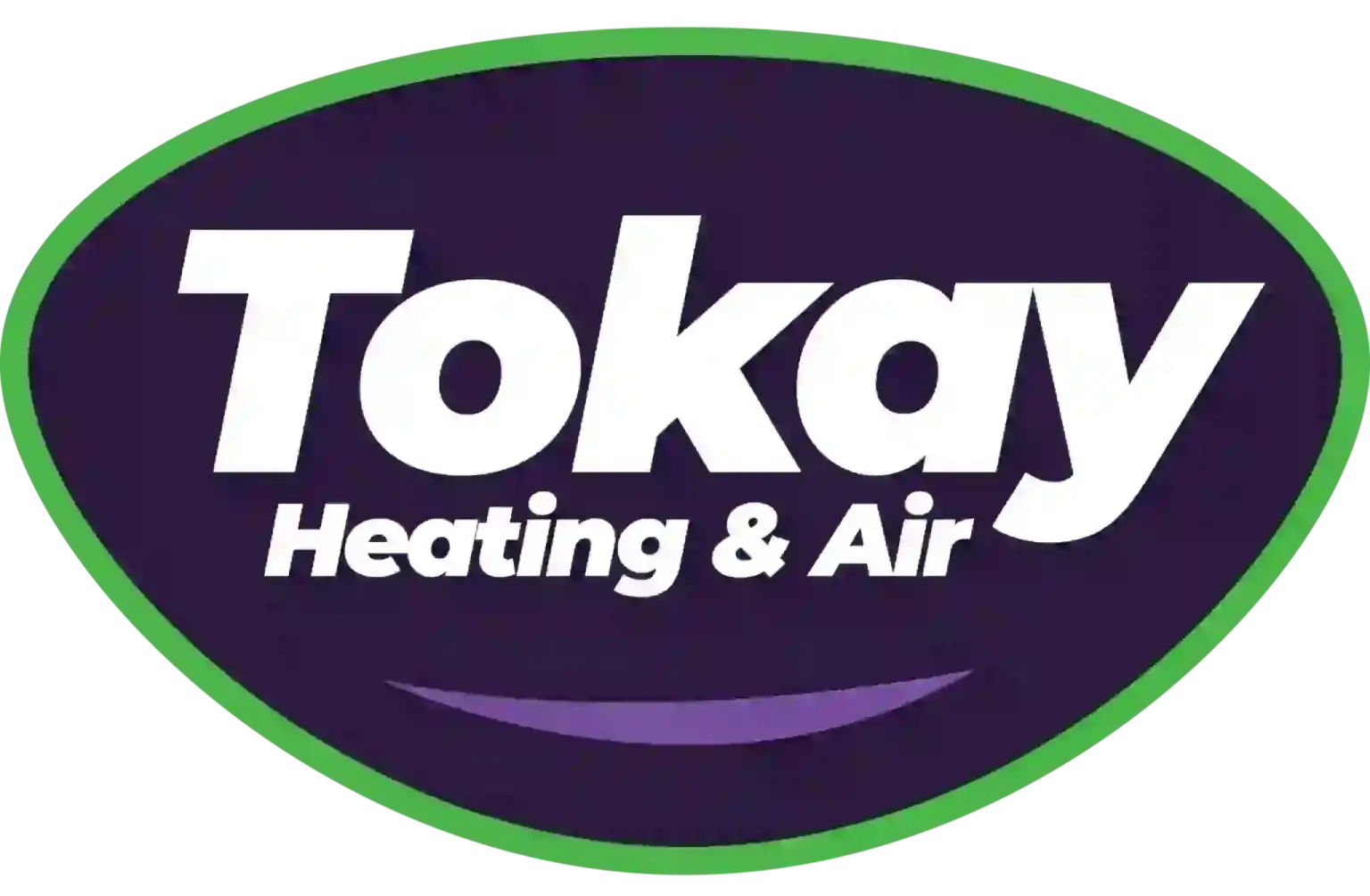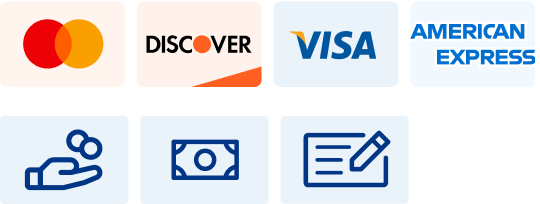Secure Your Ideal Home With Our First-Time Buyer’s HVAC Checklist
Purchasing your first home is thrilling. You’re likely trying to keep track of a dozen things or more to ensure you’re making the right choice. We believe that gaining insight into your future HVAC system is essential. The property’s HVAC system represents a substantial investment and potential source of long-term costs, so being thorough should be a top priority for first-time homebuyers.
In the following guide, we’ll share seven tips for discovering all there is to know about a home’s heating and cooling system. And if you want a deeper opinion from the pros, feel free to call Tokay Heating & Air. Our seasoned technicians can weigh in on your options with industry insights that are second to none.
- What HVAC System Are You Working With?
Start by determining what kind of HVAC system the home has. Furnaces generally last longer than air conditioners, and some of the latest types of HVAC systems like heat pumps feature average life spans longer than ever. Getting the details on the make and specific model provides a much better sense of how much maintenance it will require. - What Is the Current System’s Age?
Another good idea is to find out how old the HVAC system is when you’re looking at a potential new home. For the most part, HVAC systems tend to run for about 10-12 years. Having the knowledge of when it was installed helps you prepare for any needed servicing or considerations if it might break down. Older systems may be more vulnerable to problems, so budgeting for a replacement unit might be needed faster than expected. - Is the Warranty Still in Effect?
Be sure to check the HVAC system is covered by a warranty. If it is, you’ll appreciate how it can assist with maintenance costs. HVAC warranties typically include parts and labor, but it’s important to note that details will vary. Don’t forget to look into any terms that aren’t familiar to ensure you understand your coverage and any possible out-of-pocket costs. - When Was the Last Time It Received Maintenance?
Next, examine the maintenance history of the HVAC system, if this kind of history is accessible. This kind of information can demonstrate if the system constantly broke down or how much upkeep was provided. Ask about records for key tasks like filter changes, which is a positive sign indicating regularly scheduled tune-ups. - What Are the Energy Efficiency Ratings?
Selecting a system with strong energy efficiency can lead to lower utility bills and a smaller environmental impact. Try and find the seasonal energy efficiency ratio (SEER) ratings for air conditioning as well as the annual fuel utilization efficiency (AFUE) for furnaces. High SEER ratings mean more efficient cooling throughout the season, while higher AFUE ratings indicate that the fuel is efficiently converted into useable heat. - Have You Noticed Signs of Problems During Your Inspection?
Even without heating and cooling expertise, you should still inspect the HVAC system on your own. Look for potential issues that haven’t been mentioned by the seller. This includes strange noises, spots with uneven heating or cooling and attempts to hide any visible damage. - Have You Asked Your Local HVAC Professional?
If you’re unsure about the overall state of the HVAC system, it’s never a bad idea to get input from trained HVAC technicians. They will be much more likely to catch things you might not, such as refrigerant leaks, bad electrical connections or inefficient ductwork.
A Consultation With Tokay Heating & Air Helps Take The Stress Out Of Your Home-Buying Journey
Finding your first home should be thrilling, and Tokay Heating & Air wants to ensure that doesn’t change. Connect with us at (209) 257-3156. We can discuss how our HVAC services ease your mind, giving you what you need to dive into home ownership with confidence.


